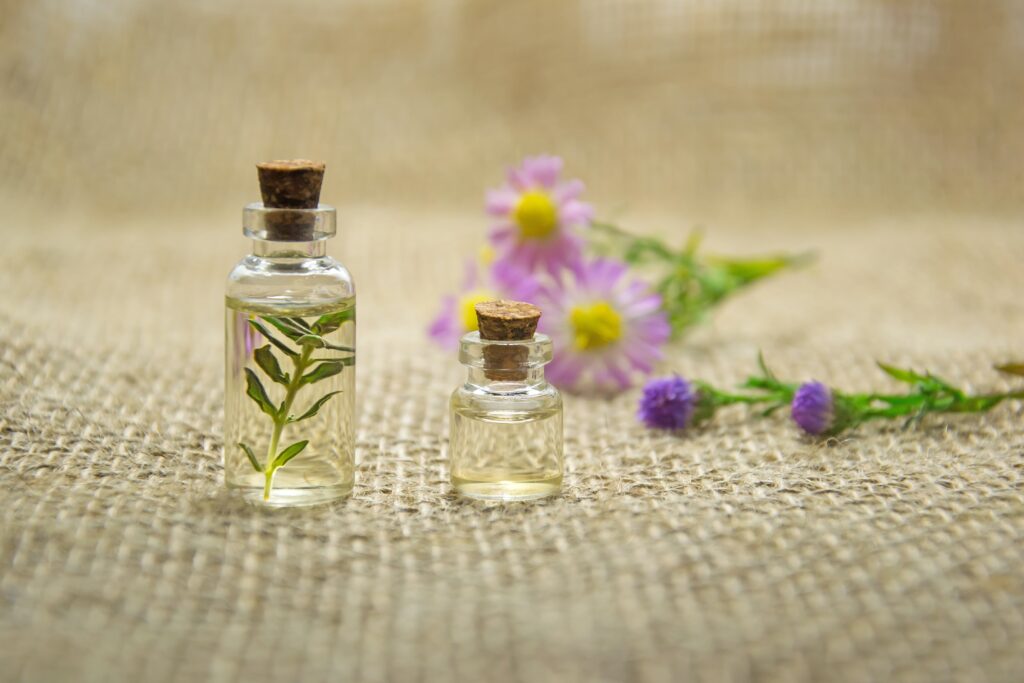Understanding Aromatherapy: An Art and a Science
Aromatherapy can be said to be an ‘art and a science’. A fundamental principle is that it is holistic, considering the mind, body and spirit. It values the whole person, human contact, what is important in a person’s life, a therapeutic relationship, the power of a scent and a sense of helping (Leach 2009).
Exploring Essential Oils
By definition it is the use of volatile aromatic plant essences, known as essential oils, to treat ill-health and help to promote and maintain good health. Aromatherapy as used today originated in Europe and has been practiced here for over 100 years. It is now used in many countries worldwide.
Understanding Essential Oils
Essential oils are created by the leaves of aromatic plants during the process of photosynthesis and then stored, depending on the plant, in different places, such as in the flowers, twigs, leaves, fruit, and seeds. These highly concentrated essences are extracted by a variety of methods, including distillation and expression. Each essential oil is made up of a unique and synergistic mixture of hundreds of chemical components resulting in its individual therapeutic and at times hormone-like properties.
Application of Aromatherapy
The term aromatherapy has been applied to the use of these aromatic oils transported via inhalation only to the limbic system to bring balance to the mind, body, and emotions using a diffuser, candle vaporiser, or in-room fragrance products. Today, aromatherapy is generally understood to refer more to the use of whole essential oils by practitioners in a variety of therapeutic applications to further the absorption through the skin and into the bloodstream by dilution in carrier oils or lotions for massage, or in water in a bath or a compress as an integral part of treatment. Aromatherapy is a term that people have historically been familiar with in other European countries such as France to refer to the ingestion of essential oils to treat different conditions, usually prescribed by a doctor or herbalist. Generally “English style” Aromatherapy does not encompass this practice and is not without specialist or medical qualifications.
Understanding the Effects of Essential Oils
Practitioners believe that the effects of the essential oils can be multiple:
- Physically, by their pharmacological effects on the systems of the body once absorbed.
- Emotionally, by their effect on the brain via their interaction with the olfactory system.
- Energetically (or spiritually) via their vibrational interaction of the plant substances with the energy flows within the body.
More volatile oils tend to evaporate quickly and are felt to be more energizing and stimulating to the body, while base note oils with longer evaporation are more calming and sedating in their action and oils falling in the middle range, have a more regulating and balancing effect on most people. Although there is little up to date evidence on exactly how aromatherapy brings about its health benefits, there is an increasing volume of research showing positive results after treatment and it is particularly effective for the prevention and treatment of stress and chronic stress-related illness.
Approaches to Aromatherapy Practice
Aromatherapists can follow the holistic and/or clinical approach. Those who are members of an organization like the International Federation of Professional Aromatherapists are fully trained to choose a variety of essential oils, carriers and their mode of application at the suitable dilution, which is individualized to each client’s needs based on a face to face consultation and assessment.
